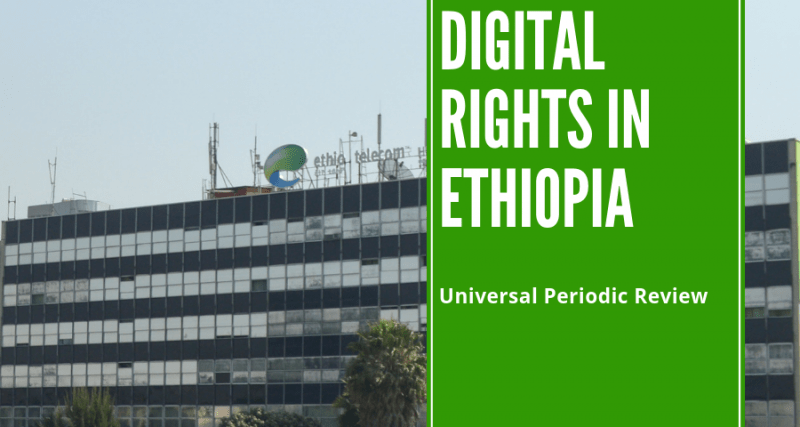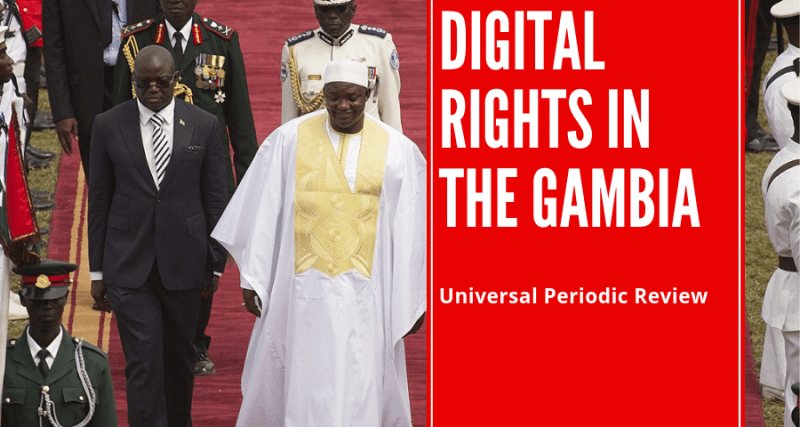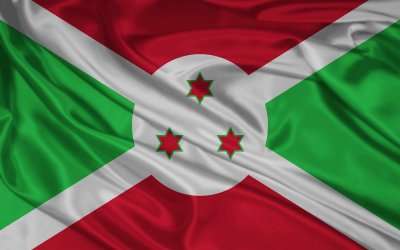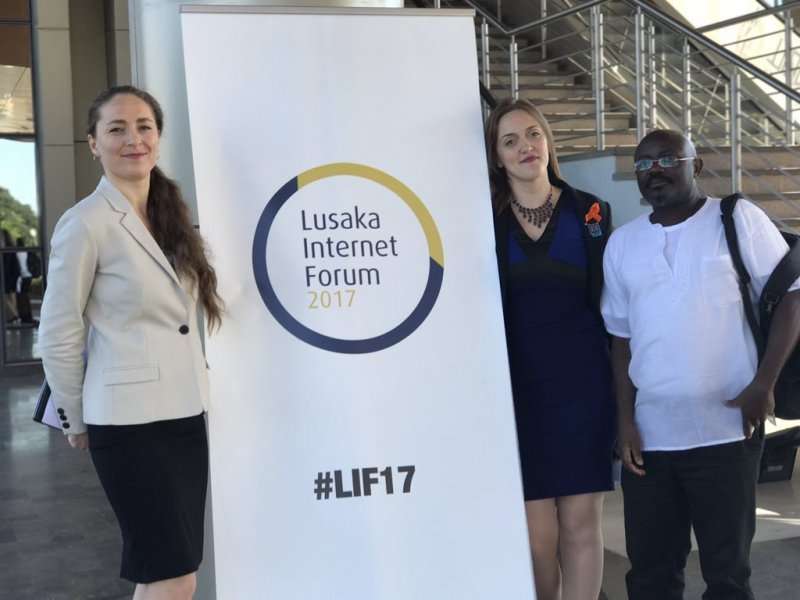By Ashnah Kalemera |
The first-ever Lusaka Internet Forum (LIF17) was hosted in Zambia’s capital on May 10-11 as a platform for discussing the various factors impacting internet use in the country, particularly in driving agricultural sustainability, gender equality and freedom of expression online.
The southern African country presents a mixed record: ICT access is growing (a mobile phone penetration rate of 75% and internet penetration rate of 32%), but is undermined by high data and voice usage costs that entrench the digital divide between men and women and between rural and urban areas. Moreover, while the country is investing in extending services to rural and underserved areas, national laws largely undermine free expression and the communications regulator is criticised for undermining citizens’ rights to free expression.
In the last two decades, Zambia has recorded some firsts on internet use – both positive and negative. In 1996, one of the first documented acts of government censorship of online content in Africa happened when Zambia’s government ordered the take down of content from the online edition of The Post newspaper, after threatening to prosecute the country’s main Internet Service Provider (ISP), Zamnet.
The content was banned under the Preservation of Public Security Act for allegedly containing a report based on leaked documents that revealed secret government plans for a referendum on the adoption of a new constitution. A presidential decree warned the public that anyone caught with the banned edition, including the electronic version, would be liable to prosecution.
Since 1996, a number of interruptions to online communication have been reported. Access to some online news outlets, such as the Zambia Watchdog, has been blocked at different intervals, particularly between 2012 and 2014, over publication of content critical of the government. This alongside physical intimidation, arrests and seizure of devices such as journalists’ laptops and mobile phones. Meanwhile, in August 2016, internet connectivity interruptions were reported during the election period but these could not be verified as deliberately orchestrated by the state or service providers.
Despite these affronts to freedom of expression, in 2014 Zambia was the first African country to implement Facebook’s Free Basics initiative that allows users to access prescribed sites without the need for data. Ongoing initiatives by the Zambia Information and Communication Technology Authority (ZICTA) to promote access include the establishment of ICT training centres, acquisition of equipment for ICT-based learning and examinations under the education ministry, and the development of a computer assembly plant.
This mixed record on ICT access and internet freedom formed the backdrop of the discussions at LIF17, during which participants cited gender barriers, high illiteracy and poverty levels, and high data costs as undermining internet use in the country.
Some participants stated that the country’s laws appear to target curtailing citizens’ rights, and faulted the regulator for lacking independence and failing to protect users from abuses by service providers and government agencies such as the police. “Let’s use the laws progressively not to block access to information or to [unjustifiably] control how the media work,” said a blogger. He noted that the ICT Act of 2009 does not speak to current realities, with some of its provisions criminalising freedom of expression.
There are also widespread perceptions of unwarranted surveillance of citizens’ online communications. The right to privacy is threatened by the mandatory registration of SIM cards provided for under the ICT Act and the Statutory Instrument on the Registration of Electronic Communication Apparatus of 2011. Registration requires subscribers to provide their personal details and identity cards, in the absence of a data protection and privacy law.
The Electronic Communications and Transactions Act of 2009 provides for lawful interception of communications upon issuance of a court order, and online monitoring of information in the public domain. Nearly 15 years since tabling a draft freedom of information bill, it is yet to be enacted.
Meanwhile, activists criticised the Independent Broadcasting Authority (IBA) director general for misusing their extensive powers to curtail media freedom. Last August, the IBA suspended the broadcasting licences for Muvi TV, Komboni Radio and Itezhi Tezhi Radio for “unprofessional conduct posing a risk to national peace and stability”. Activists also reported increasing attacks on individuals who use radio and TV stations to voice opinions critical of the government.
As such, following the LIF17, CIPESA led an ICT policy training workshop for human rights defenders, activists, media and social media enthusiasts to increase their understanding of relevant ICT policies in Zambia and how these affect human rights online. The workshop entailed developing their strategies in advocating for a free, open and secure internet through the innovative use of both traditional and new media.
During the training, participants were taken through mechanisms for policy engagement such as stakeholder submissions, the analysis of bills and continued activism and campaigns online including through documentation and reporting of internet freedom violation incidents.
LIF17 was organised by the Swedish Embassy in Zambia and partners including the Zambia Governance Foundation as a satellite event in the lead up to the Stockholm Internet Forum. Thematic sessions on agriculture, gender, and freedom of expression were hosted by the technology innovation hub Bongo Hive, the Asikana Network, the Swedish Programme for ICT in Developing Regions (Spider) and CIPESA.
Read more about internet freedom in Zambia in CIPESA’s State of Internet Freedom in Zambia 2016 report.
CIPESA’s work in Zambia is supported by AccessNow and the Mozilla Foundation.





